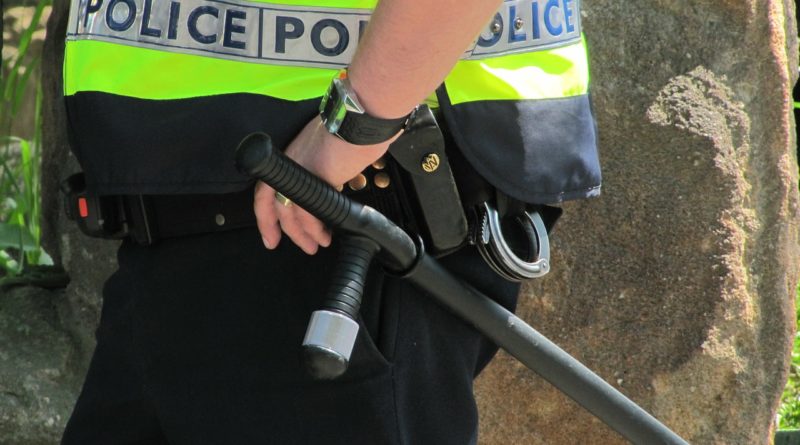Police Brutality: From the Beginning to its Attainable End
The Tiananmen Square protests, the Mapuche genocide, the Yellow Vests movement — the cases of police brutality around the world have such an epic level of historicity and scale, you can almost convince yourself it’s a thing of the past. But it was just in 2016 when Terence Crutcher and Philando Castile were shot dead after confrontations with police officers, both of which resulting in no convictions.
With this in consideration, the awe of an epic quickly warps into horror as one comes face to face with the realization that such a historic problem could still be so entrenched in the system of our ‘developed’ contemporary world. It’s a bitter pill to swallow: the undue and unnecessary use of force by police against members of the civilian communities they’ve sworn to protect (inside and outside of jail, mind) is old news — so, when was it even new?
History
There actually is a newspaper we can turn to try and decipher just how long this phenomenon has been in existence. On October 12, 1872, the Chicago Tribune used the term “police brutality” in a headline detailing the beating of a prisoner in his cell. Considering that the first police department was established in Boston in 1838, the speed with which this record occurred, so early after its conception, is shocking, to say the least. The Smithsonian is also home to a placard dated 1963 that reads: “We demand an end to police brutality now!”
Causes and Triggers
The short and easy answer, when asked about the cause of police brutality, is simply “bad police officers.” But when you’re dealing with an issue so embedded into the larger institutional problems of race and power in America, it gets tricky to say the least. But the possible triggers for police brutality could include:
- Power imbalance. The supposed beginning of police brutality in America was against workers on strike. Elsewhere, states generally have instances where they allowed the use of force against the economically deprived, the socially marginalized, and other such minorities. Often, these are in answer to protests conducted against large, powerful entities.
- Racial profiling. There are various reasons why race might be a trigger: it could be the perpetuation of stereotypes by the media (of “a dangerous black man”), it could be discrimination against a certain group, or it could be the retention of ideas of historical dominance.
- Lack of conviction. Crutcher and Castile were just the two high-profile (read: widespread media attention and protests) cases out of the grand total of 963 that year — and even they couldn’t get a solid conviction.
Solutions
Studies of how police killings harm the mental health of the black community and with a growing distrust of the police and the law, in consequence, creating more lawlessness through the concept of “legal cynicism”, it’s about time to find solutions and stop this decades-long problem.
The ideal response would be to address the larger institution of racism but to do that, baby steps are in order: first, hold the abusive officers accountable. Advocate against brutality, report an incident, know your rights, and sift through existing policies for places where reform is necessary.

